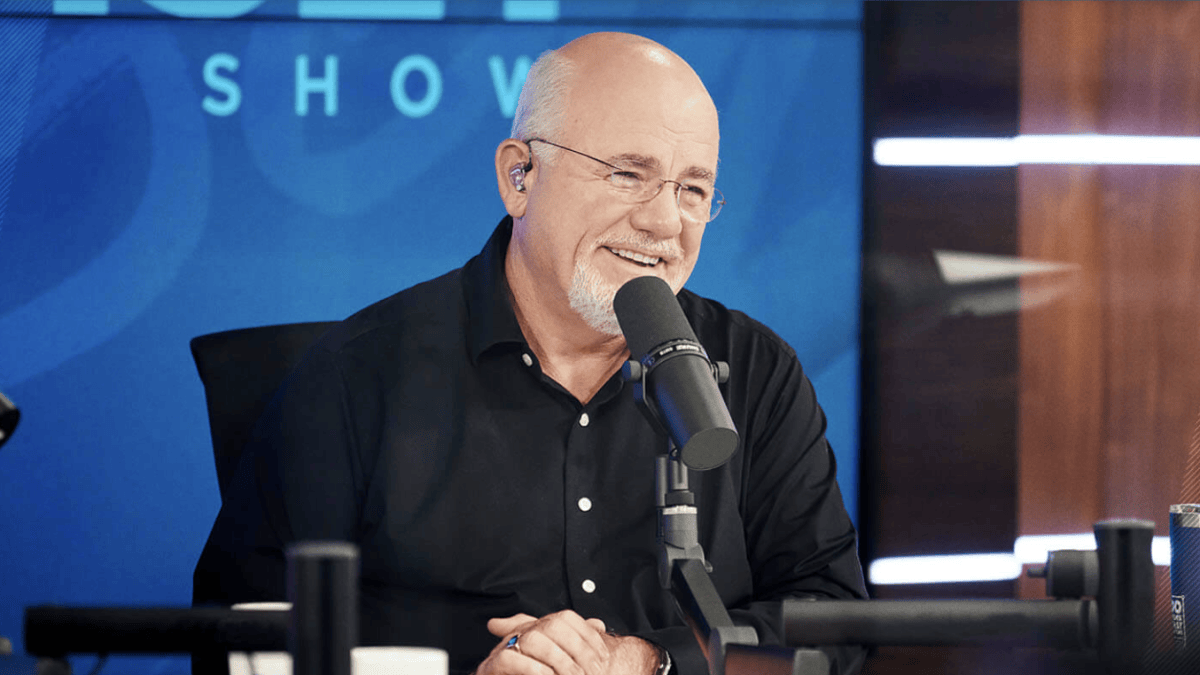For many Americans, owning a car is more than just transportation; it’s a symbol of freedom, status, and personal achievement. The allure of a shiny new vehicle, complete with the latest technology and that new car smell, can be incredibly powerful. However, according to personal finance guru Dave Ramsey, this very aspiration is leading millions into a financial trap. Ramsey, known for his no-nonsense approach to money management, has a stern warning for anyone considering a car purchase: many are making critical errors that are sabotaging their financial future.
“The car industry is designed to keep you in debt, and too many people fall for it hook, line, and sinker,” states Ramsey on his popular show. “They’re buying way too much car, going into too much debt, and completely ignoring the devastating impact of depreciation. It’s a wealth killer.”
Ramsey’s primary concern isn’t just the price tag, but the entire mindset surrounding car ownership in contemporary society. He argues that people prioritize status and convenience over financial prudence, leading to perpetual car payments and a significant drain on their net worth.
Ramsey’s Core Warnings on Car Buying:
The Peril of New Car Depreciation:
The Warning: A new car loses a significant portion of its value (often 20-30%) the moment you drive it off the lot, and continues to depreciate rapidly for the first few years. This means you immediately owe more than the car is worth.
Ramsey’s Take: “That’s money literally evaporating before your eyes. Why would you pay a premium for something that loses so much value so fast?” He advocates for buying reliable used cars that have already taken the biggest depreciation hit.
Avoid Car Payments at All Costs:
The Warning: Ramsey is vehemently against car loans. He views them as a form of debt slavery that prevents individuals from building wealth. The average car payment in the country is a significant drain on monthly budgets.
Ramsey’s Take: “A car payment is a ‘stupid tax’ on a depreciating asset. Pay cash for your cars. If you can’t afford to pay cash for the car you want, then you can’t afford that car.” He advises saving up and buying the best used car you can afford with cash.
The “Drive Free” Method:
The Warning: Many people feel they need a new car, even if they can’t afford it. This leads to a cycle of trade-ins and continuous payments.
Ramsey’s Take: Start with an inexpensive, reliable cash car. Then, continue to “pay yourself” the car payment you would have made into a dedicated savings account. When that car wears out, you’ll have a sizable sum to pay cash for a better one, eventually working your way up to higher-value vehicles without ever having a car payment. “It’s how the rich get richer, and the poor stay poor,” he says.
Beware of Extended Loan Terms (72, 84, or even 96 months):
The Warning: Lenders offer longer loan terms to make monthly payments seem more affordable, but this means you pay significantly more in interest over the life of the loan. You’ll likely owe money on the car even after its useful life.
Ramsey’s Take: “Those extended terms mean you’ll be paying for that car long after it’s in the junkyard. It’s financial suicide.”
Don’t Let Status Drive Your Purchase:
The Warning: Many individuals buy cars to impress others, to project a certain image, or because they feel they “deserve” a luxury vehicle, even if their finances can’t support it.
Ramsey’s Take: “Your car is a tool to get from A to B, not a badge of honor. No one cares what kind of car you drive as much as you do.” He stresses prioritizing financial health over fleeting appearances.
The Bottom Line: Financial Freedom Over Flash
Ramsey’s message is clear: if you want to achieve financial peace and build real wealth, your car should be a humble servant, not a financial master. By embracing frugality, resisting debt, and understanding the true cost of car ownership, Americans can free up significant portions of their income to invest, save, and ultimately build a life of genuine financial security, rather than being perpetually tied to car payments.






